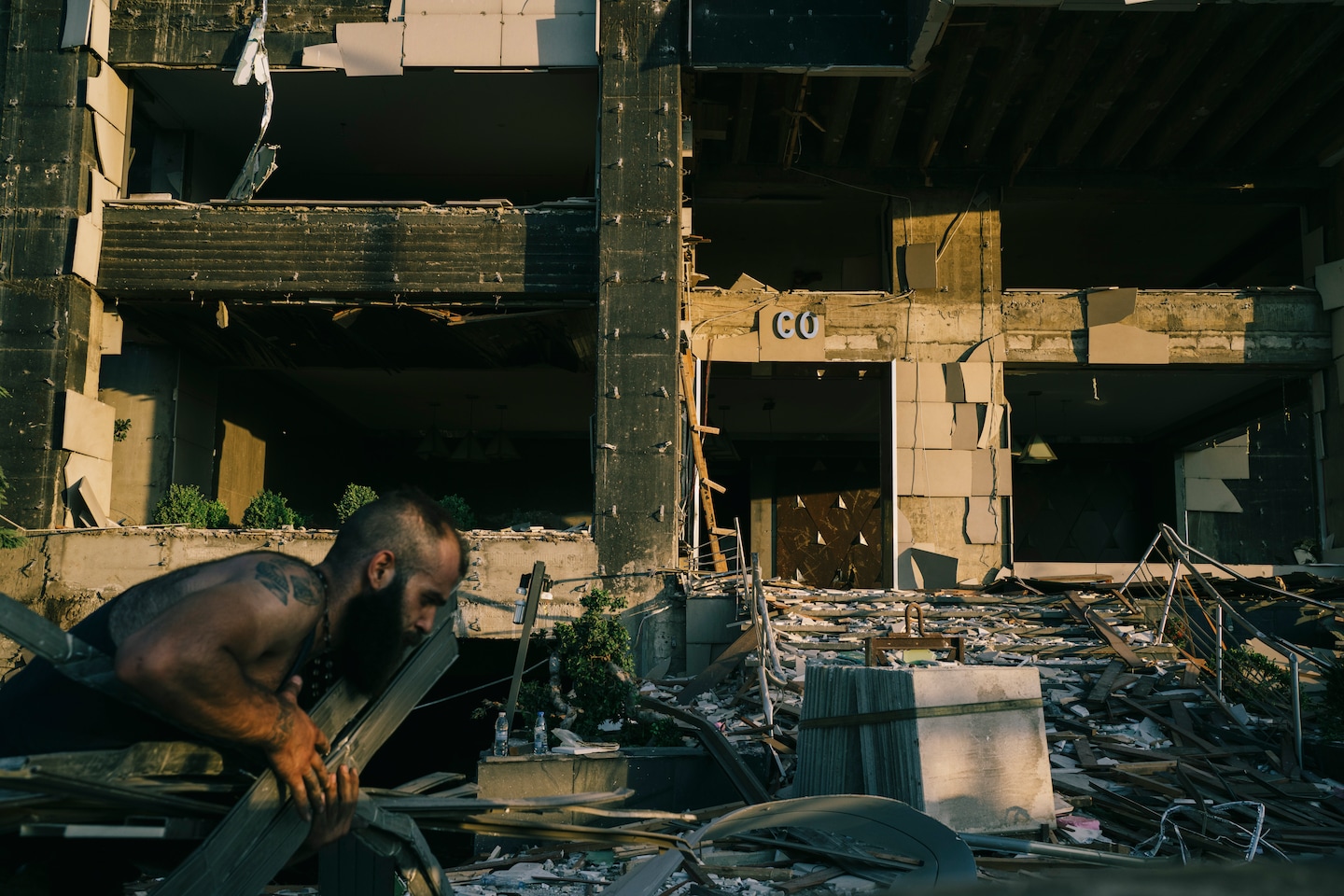Here’s how to help Beirut

Countries around the world responded with offers of money and medical aid.
As rescue workers comb through the rubble, here are some organizations that have launched initiatives to help.
• The Lebanese Red Cross
The Lebanese Red Cross is helping with the medical response. The organization says it deployed more than 125 ambulances after the explosion. Red Cross emergency workers are helping to find the injured or dead, distributing food and offering shelter to the displaced.
“Lebanese Red Cross teams are working around-the-clock to provide first aid, transport people to hospitals, and distribute aid to families,” Jenelle Eli, a global spokeswoman for the American Red Cross, said in a statement. “It’s going to be a long road ahead and I fear there’s more heartache to be discovered. But community members are stepping up to help one another. And that bit of hope is shining through.” Donate here.
• Islamic Relief
The British nongovernmental organization is working to provide food, water and shelter for those left homeless by the blast.
“In a few days, we will also start helping to clear the streets of the debris caused by the blast, providing people currently out of work with cash to help out,” Islamic Relief Lebanon Country Director Nidal Ali said in a statement. Donate here.
• Impact Lebanon
The nonprofit launched a crowdfunding campaign to provide more than $6 million for disaster relief, saying it will disburse the funds to local organizations and the Lebanese Red Cross. Donate here.
• UNICEF
The Beirut office of the UNICEF said it is working to help the government salvage what is left of the medical supplies and vaccines that were stored at the port, while its partners provide counseling to children traumatized by the explosion and its aftermath. Donate here.
• U.N. World Food Program
The explosion destroyed a port vital for the country’s food supply. Lebanon imports nearly 85 percent of its food, according to the U.N. World Food Program, which means the coming weeks could bring shortages. The organization is putting together food packages, delivering flour and grains to local bakeries and mills and providing basic emergency food assistance. Donate here.
• International Medical Corps
The nongovernmental organization, which according to its website has been working in Lebanon since 2006, has dispatched staffers and supplies to provide emergency care, including mental health services, to those dealing with the aftermath of the tragedy. Donate here.






